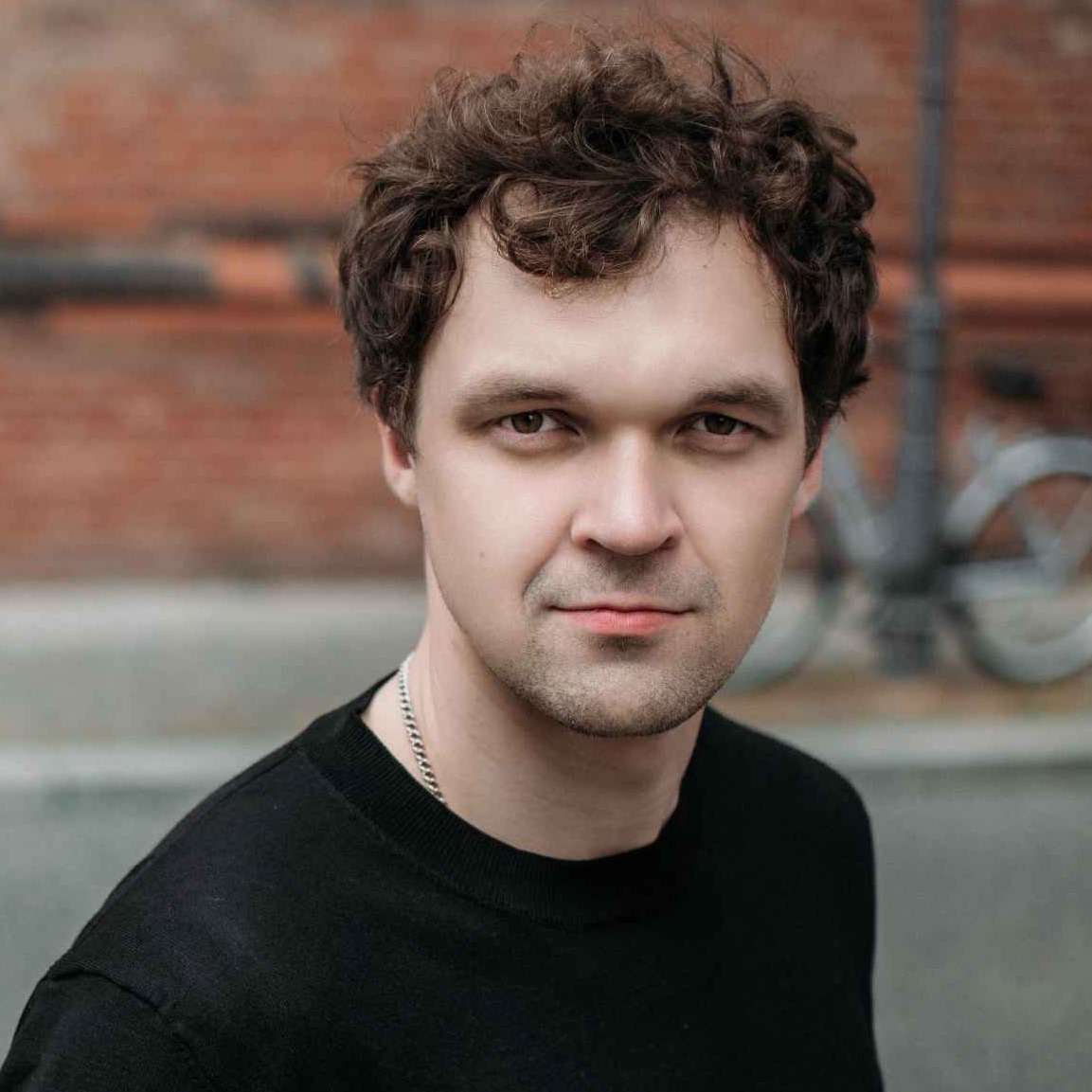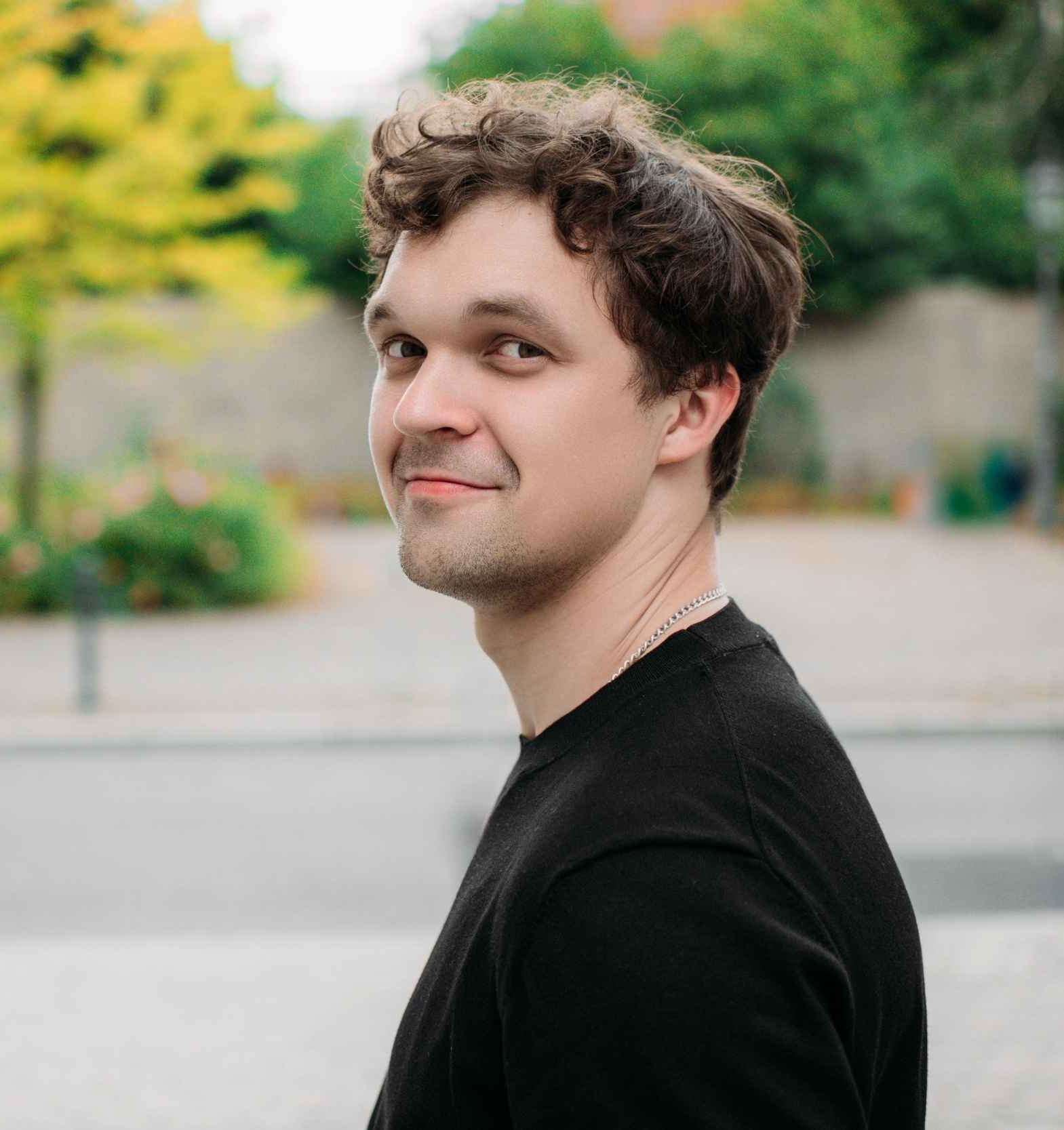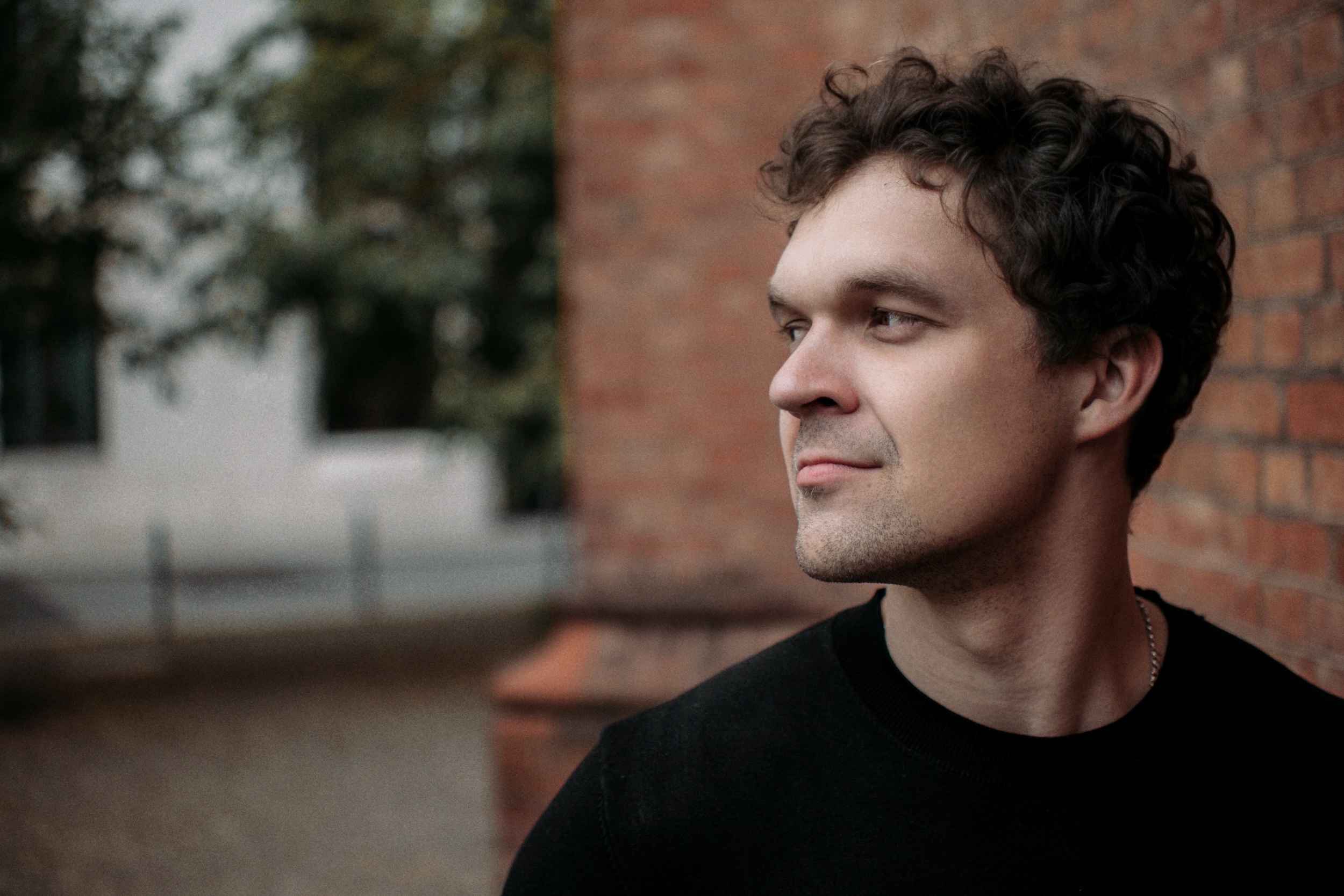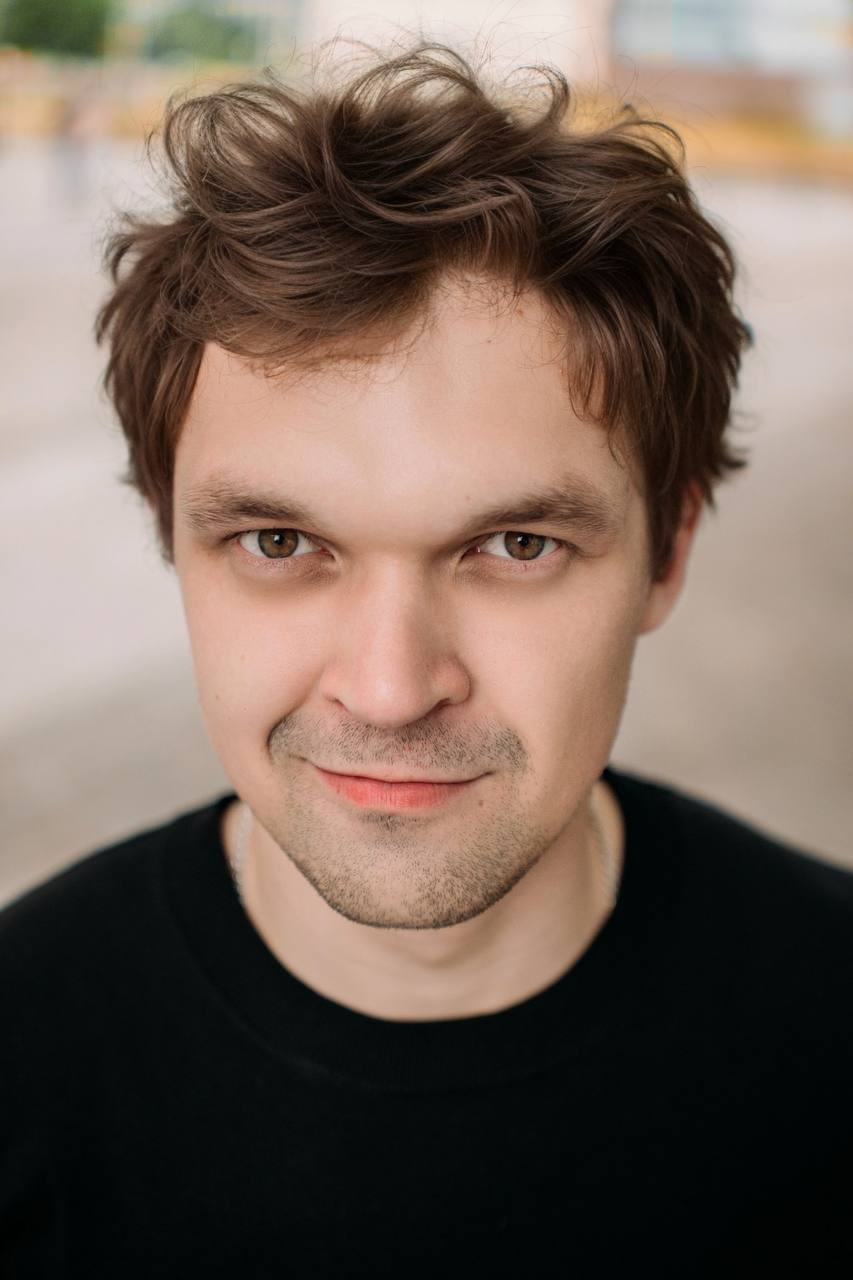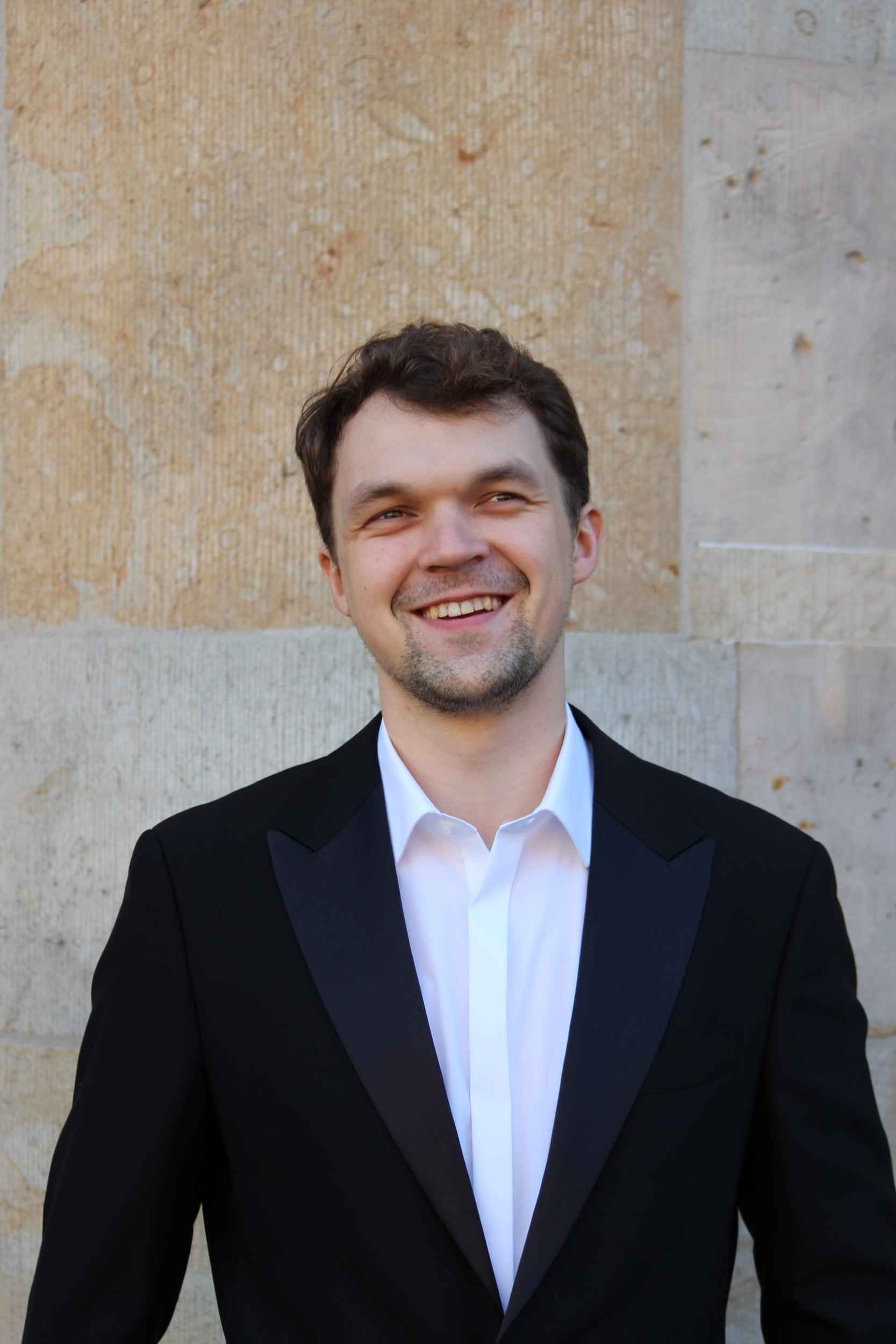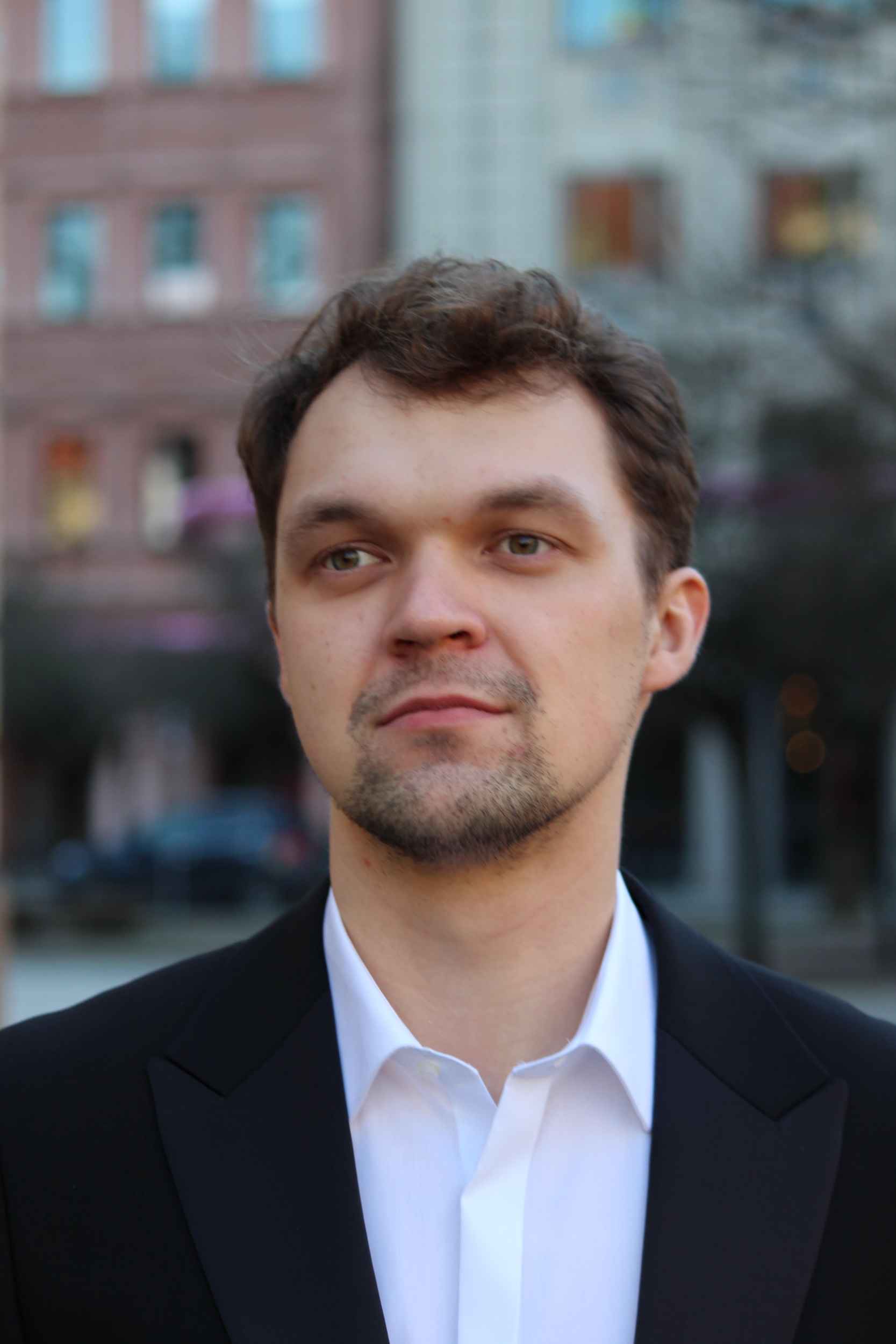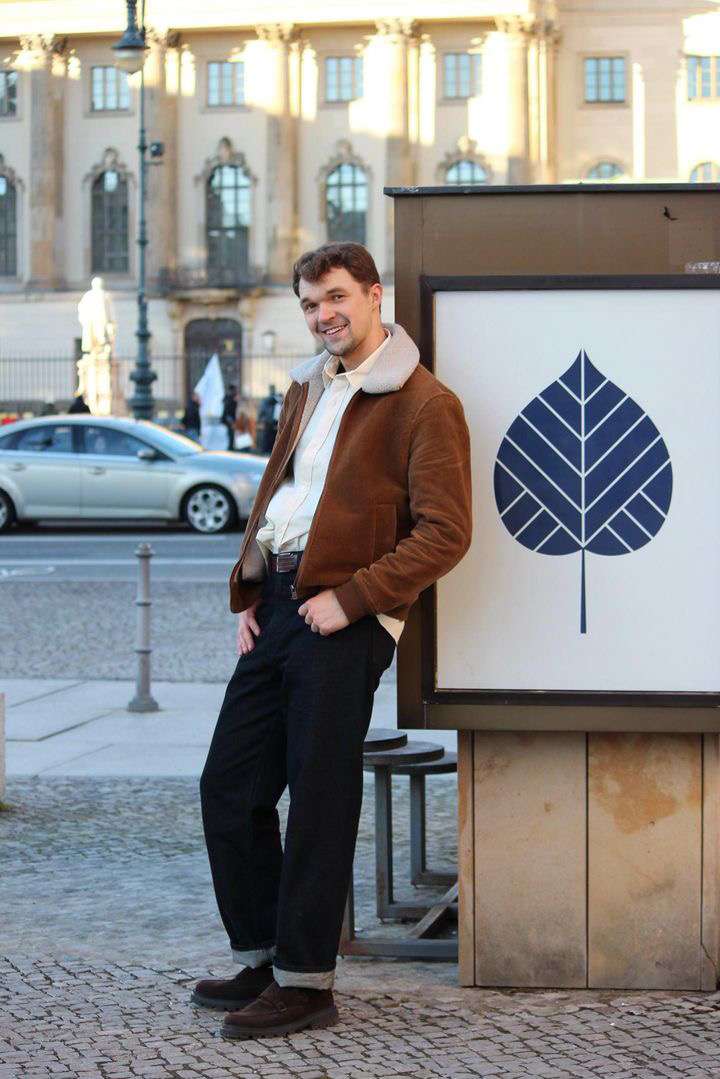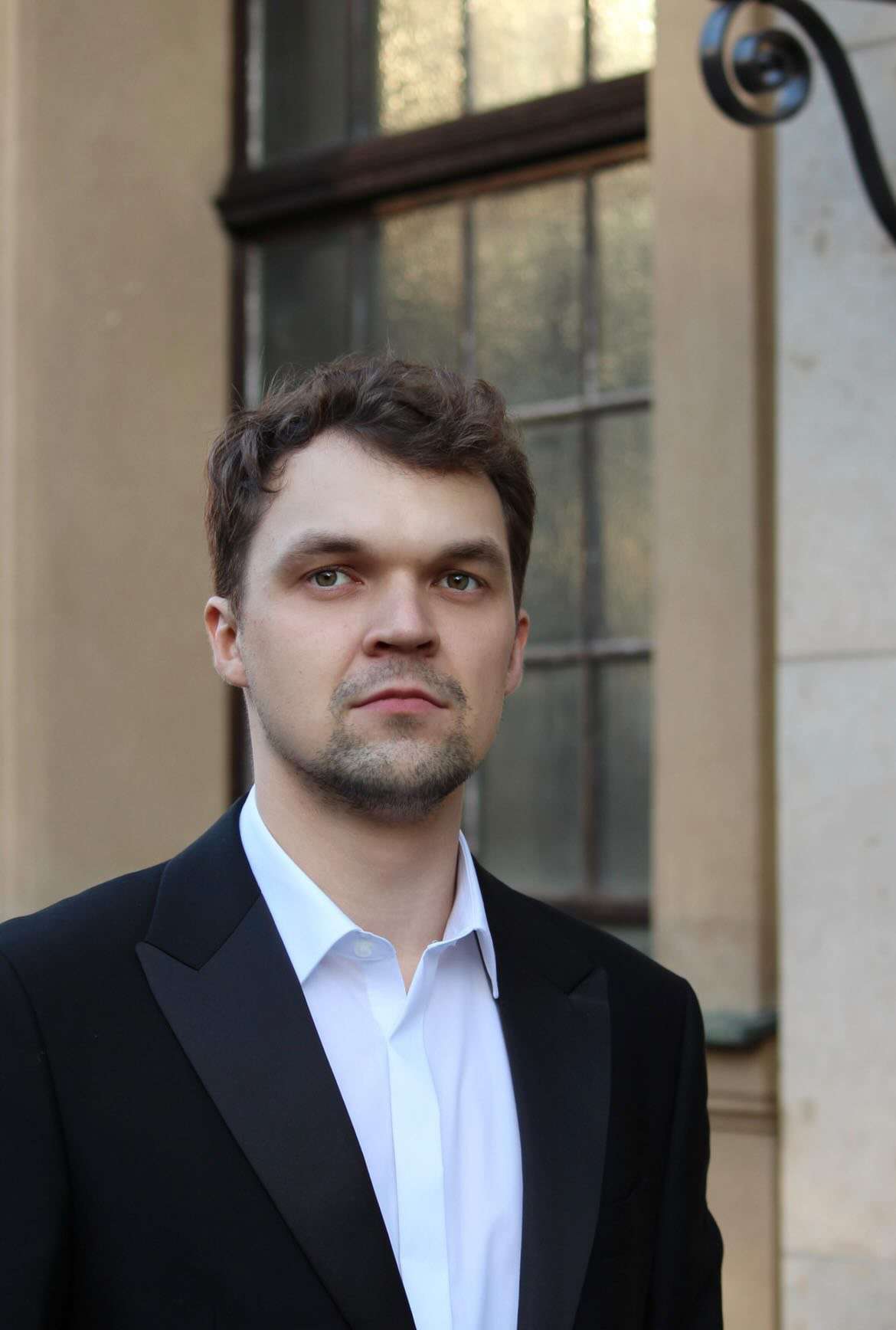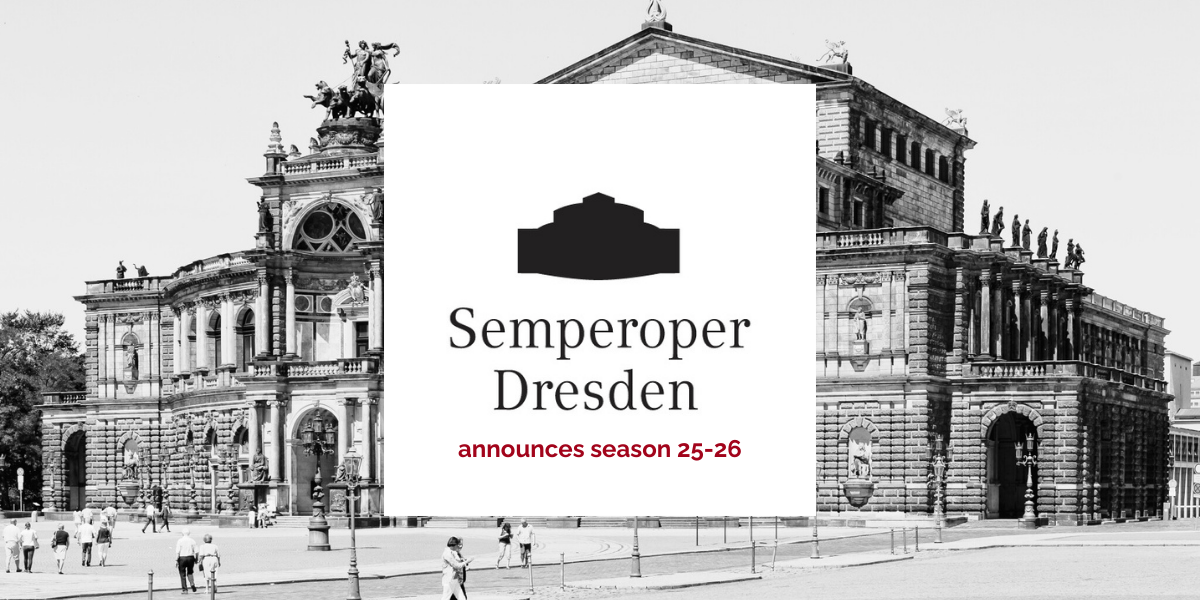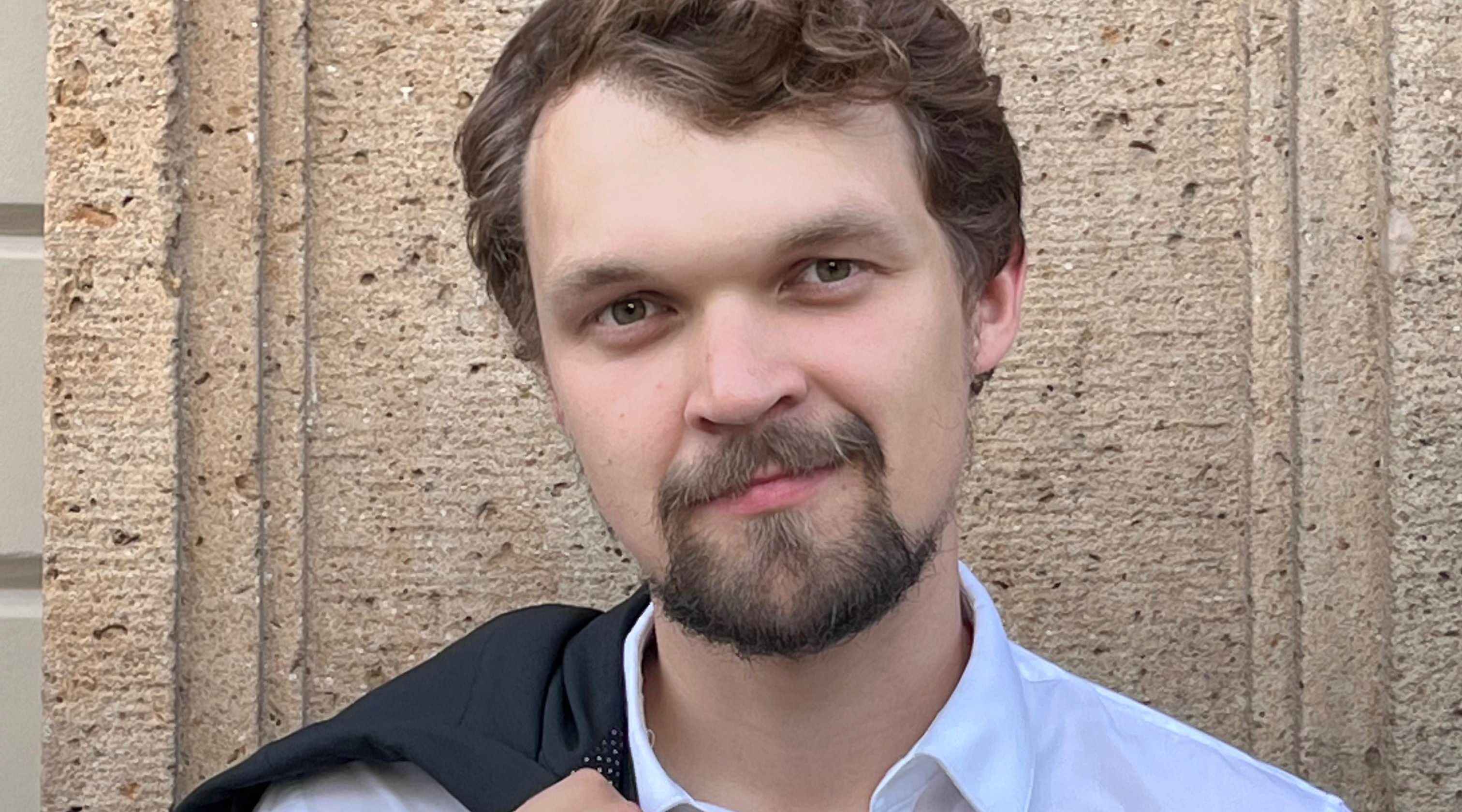Biography Highlights
Upcoming & Recent:
Schaunard La bohème at St. Gallen Opera, Nardo La Finta Giardiniera at Theater an der Wien, the solo parts in the world premiere of the contemporary operas D/Faced and Haut at Deutsche Oper Berlin, the title role Eugene Onegin with the Verbier Festival and Ekaterinburg, debut as Enrico Lucia di Lammermoor in Basel Theatre, debut as Belcore L'elisir d'amore at Bregenzer Festival, debut as The Count Le Nozze di Figaro at Glyndebourne festival, as well as Traveler B. Britten’s Curlew River, Marcello La Bohème, Ramiro M. Ravel’s L'heure Espagnole.. He is also part of a concert series with Deutsches Filmorchester Babelsberg in Konzerthaus Berlin.
At Semperoper Dresden - Papageno, Erster Priester Die Zauberflöte, Schaunard La bohème, Dr. Falke Die Fledermaus, Kilian Der Freischütz, among others.
Awards
2025 Yves Paternot Prize, awarded by the Verbier Festival.
Third Prize at the international opera competition CLIP in Portofino and the prize for Best Male Singer.
